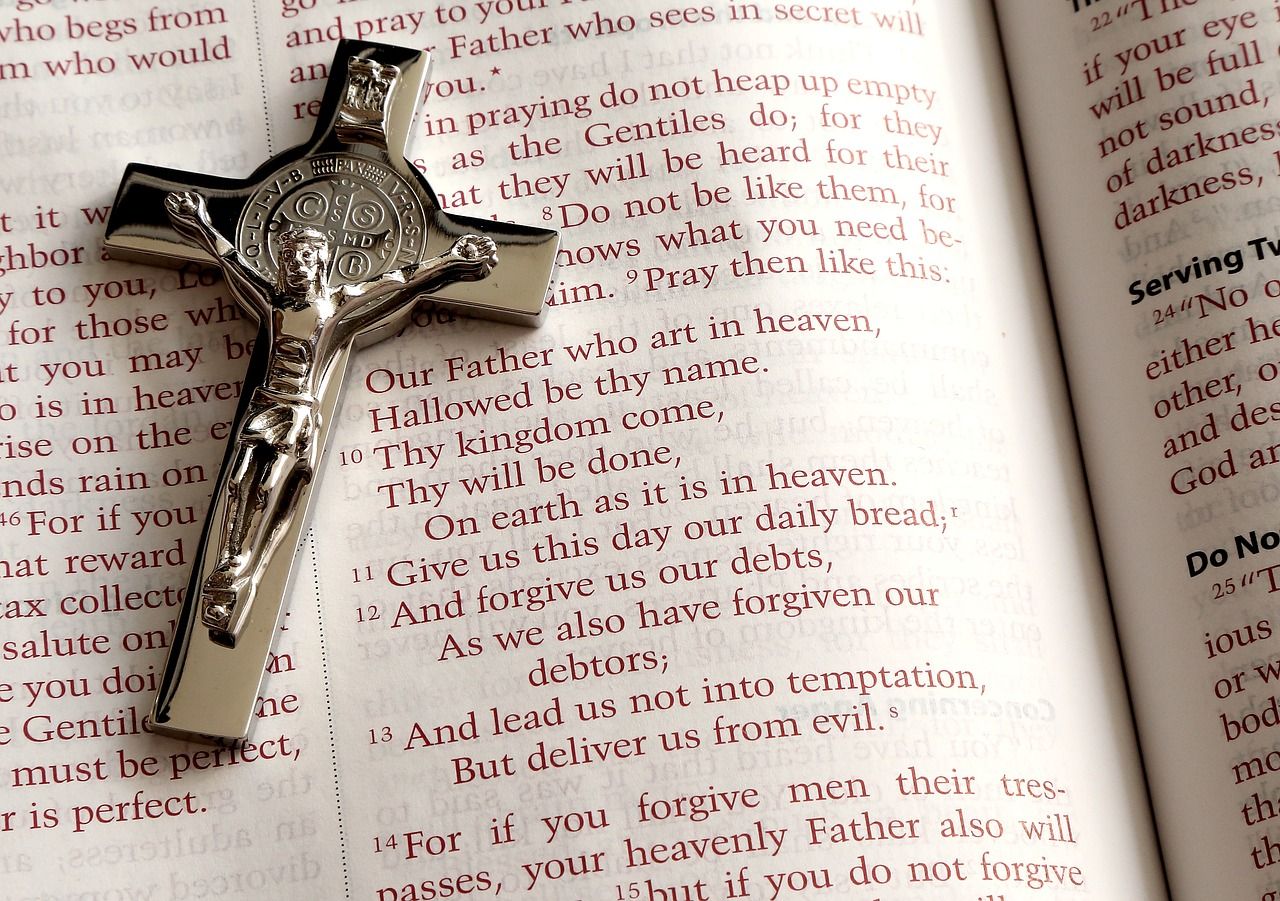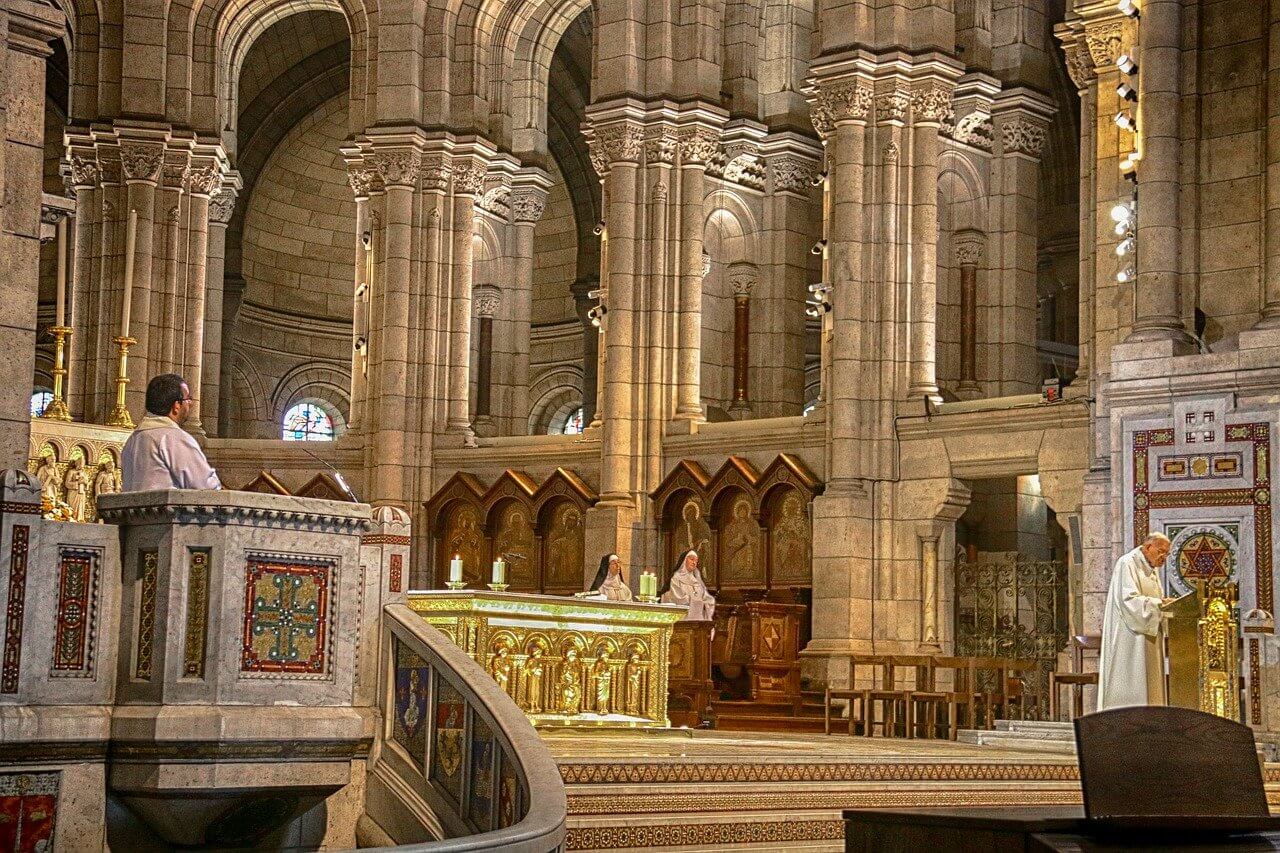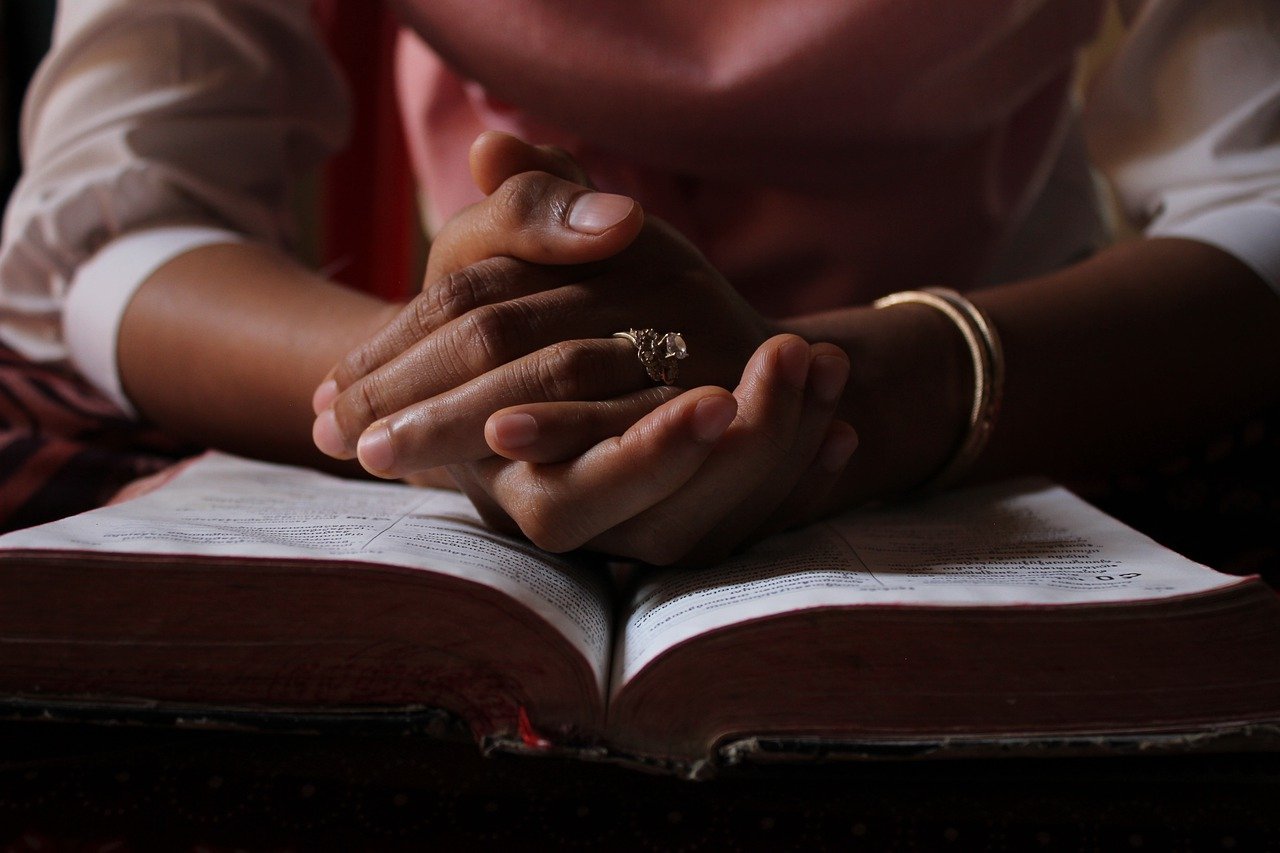In many circles especially those where Protestant Christians are, Catholics are often criticized for not being as immersed in scripture as other denominations. Most often than not, this has something to do with the approach that Catholics have to scripture.
Some suppose that the approach Catholics have to scripture is characterized by blind faith. According to them, they believe things without questioning or thinking even though such things may contradict reason and science.
There is also the charge that Catholics do not pay as much attention as is needed in sacred scripture.
Looking at all these charges and criticisms, one is left wondering whether Catholics indeed read the Bible. In the sections that follow, we shall dig deep into Christian history and practice to find out whether or not some of these criticisms are true.
What You'll Learn Today
Did The Catholic Church Forbid Bible Reading?

Bible reading in the Catholic Church is encouraged though not as strict as it is in the Protestant churches. For instance, Catholics read the Bible at home with their families and experience scripture as other Christians.
Saint Jerome who is recognized as the Doctor of the Church within the Catholic circles is quoted even in Protestant writings as a Christian of profound belief. In the 5th century, he was quoted as saying “ignorance of scripture is ignorance of Christ”.
This is an encouragement that Catholics have embraced and continue practicing both at home and in church.
In Catholic parishes all around the world, Bible studies are held to understand more about what scripture has for the contemporary church.
If it were true that the Catholic church forbids Bible reading, the Catholic parishes wouldn’t offer Vacation Bible School and organize Bible study groups to help the faithful interact with the Word of God and deepen their study of scripture.
How Much of the Bible is Read in Catholic Mass?

The Catholic mass is profoundly biblical. It is the central rite of Catholicism and much of it is derived from the history of Israel. Apart from using scripture although, the Catholic mass brings the Bible to life in a spectacular way.
In about 3 years, the Catholic church manages to read the whole Bible to the congregation. The mass comprises two principal rites, the first being the liturgy of the Word and the second is the liturgy of the Eucharist.
In the liturgy of the Word, there are readings made from the scripture then there is the sermon and finally intercessory prayer.
In the second part which is the liturgy of the Eucharist, the congregation led by the priest is taken through offering and the breaking of the bread, consecration, and then the Holy Communion.
Even without going into the reading of the scripture, the mass itself is Biblical in the sense that it portrays the mass that Jesus Christ had with his disciples.
The liturgy of the Word has a total of 3 readings the first one drawn from the Old Testament while the second and third from the New Testament.
First Reading
The first reading aims to show the fulfilment of the Old Testament prophecy through the coming of Jesus Christ. The first reading also aims to contrast the personalities and events of the Old Testament with those of the Gospel.
Responsorial Psalm
After the first reading, there is the responsorial psalm which fosters meditation on God’s word. The reason it is called responsorial is that it is a response to the first reading.
It can either be taken from the Old Testament or one of the 150 Psalms. At times, it may be recited but the preferred way is for it to be sung.
Second Reading
The second reading is taken from the New Testament specifically from the Epistles. Other times it may be taken from the Book of Revelation. Contrary to the first reading, the second reading doesn’t have any linkages to the other readings.
Gospel Acclamation
After the second reading, there is the Gospel acclamation then the Gospel where the congregation is preached to either by the priest or deacon. The reading for the Gospel is taken from any of the four books of the New Testament – Matthew, Mark, Luke or John.
When the Gospel is introduced, the congregation makes the sign of the Cross asking God to be in their mind, their lips, and in their hearts.
The other sections of the mass including the homily, profession of faith, and the prayers of the faithful are all laced with scriptures and phrases from the Bible.
Why the Contradiction?

As you have seen above both at home and in church during mass, Catholics read the Bible. However, the misunderstanding seems to be growing. Here are some of the reasons why this is the case.
Catholics are not as vast in the Bible as Protestants. Because of this, many people assume that the lack of knowledge and familiarity with the Bible is because Catholics do not read the Bible.
The infighting between Protestants and Catholics concerning church practices has resulted in a lot of misinformation about Catholics and the Bible. For instance, Catholics do not allow laypeople to read the Bible in church.
This has been held as truth though it is not the case. It was a rumor propagated during the later years of the reformation. Therefore, the lay can read the Bible in the Catholic church.
The last reason why there seems to be a misunderstanding between Catholics and the Bible is because of the emphasis Protestants put on scripture memorization.
In Catholic churches, no one forbids the congregation from memorizing the scripture, but the focus is not on that. Simply because Catholics cannot memorize scripture, it should not be taken that they are not reading the Bible.
Read also: How Can We Be Sure The Bible Is True?
Conclusion
The factors and reasons discussed above have created a misconception that Catholics don’t promote the reading of the Bible.
While it is true that their approach is different from that of Protestants, the scriptures carry the same weight when read at home and during mass. Catholics as Protestants are encouraged not just to read but also to interact with scripture.